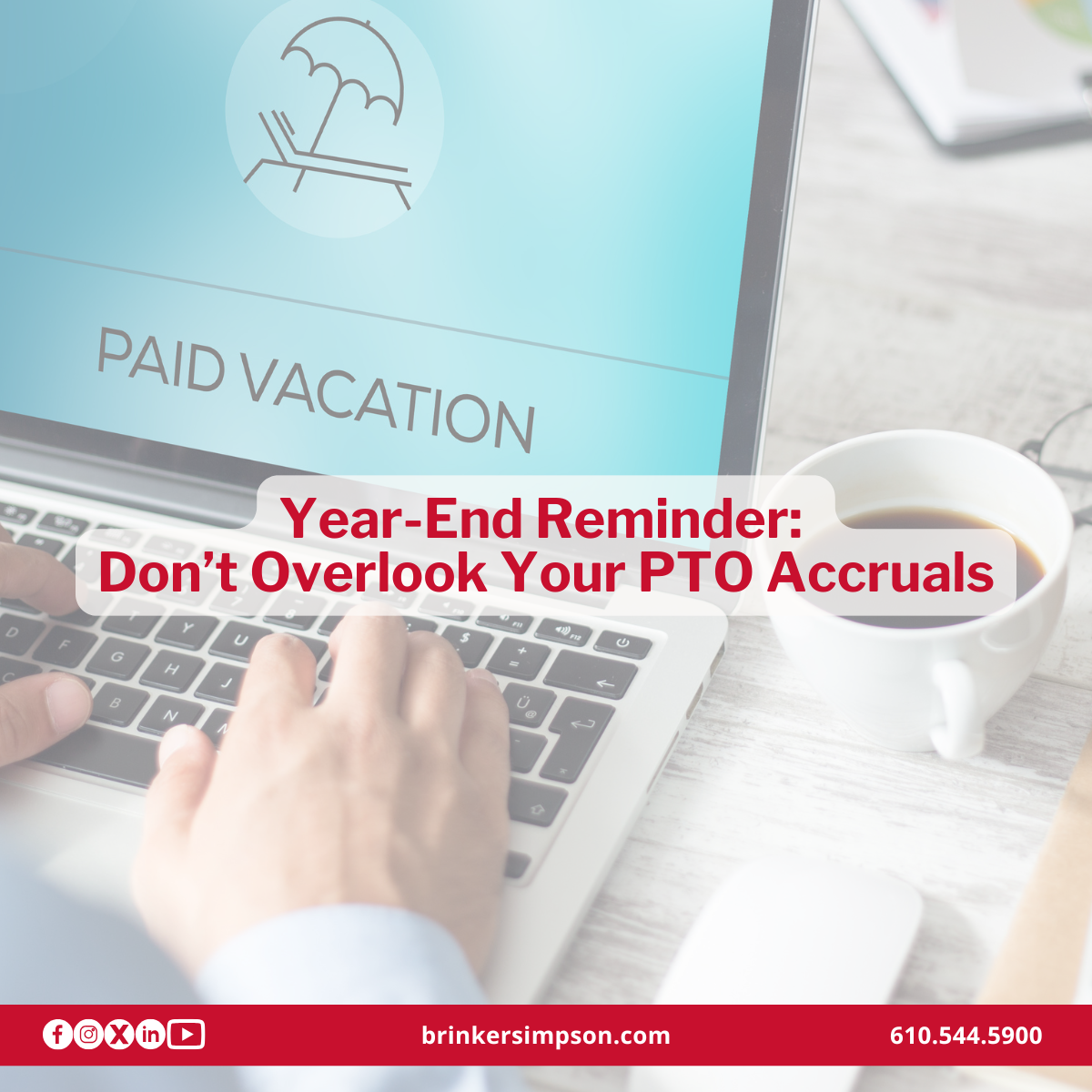If you own your own company and travel for business, you may wonder whether you can deduct the costs of having your spouse accompany you on trips.
The rules for deducting a spouse’s travel costs are very restrictive. First of all, to qualify, your spouse must be your employee. This means you can’t deduct the travel costs of a spouse, even if his or her presence has a bona fide business purpose unless the spouse is a bona fide employee of your business. This requirement prevents tax deductibility in most cases.
A spouse-employee
If your spouse is your employee, then you can deduct his or her travel costs if his or her presence on the trip serves a bona fide business purpose. Merely having your spouse perform some incidental business service, such as typing up notes from a meeting, isn’t enough to establish a business purpose. In general, it isn’t sufficient for his or her presence to be “helpful” to your business pursuits — it must be necessary.
In most cases, a spouse’s participation in social functions, for example as a host or hostess, isn’t enough to establish a business purpose. That is, if his or her purpose is to establish general goodwill for customers or associates, this is usually insufficient. Further, if there’s a vacation element to the trip (for example, if your spouse spends time sightseeing), it will be more difficult to establish a business purpose for his or her presence on the trip. On the other hand, a bona fide business purpose exists if your spouse’s presence is necessary to care for a serious medical condition that you have.
If your spouse’s travel satisfies these tests, the normal deductions for business travel away from home can be claimed. These include the costs of transportation, meals, lodging, and incidental costs such as dry cleaning, phone calls, etc.
A non-employee spouse
Even if your spouse’s travel doesn’t satisfy the requirements, however, you may still be able to deduct a substantial portion of the trip’s costs.
This is because the rules don’t require you to allocate 50% of your travel costs to your spouse. You need only allocate any additional costs you incur for him or her. For example, in many hotels, the cost of a single room isn’t that much lower than the cost of a double. If a single would cost you $150 a night and a double would cost you and your spouse $200, the disallowed portion of the cost allocable to your spouse would only be $50.
In other words, you can write off the cost of what you would have paid traveling alone. To prove your deduction, ask the hotel for a room rate schedule showing single rates for the days you’re staying.
And if you drive your own car or rent one, the whole cost will be fully deductible even if your spouse is along. Of course, if public transportation is used, and for meals, any separate costs incurred by your spouse wouldn’t be deductible.
Contact us if you have questions about this or other tax-related topics.
© 2022



